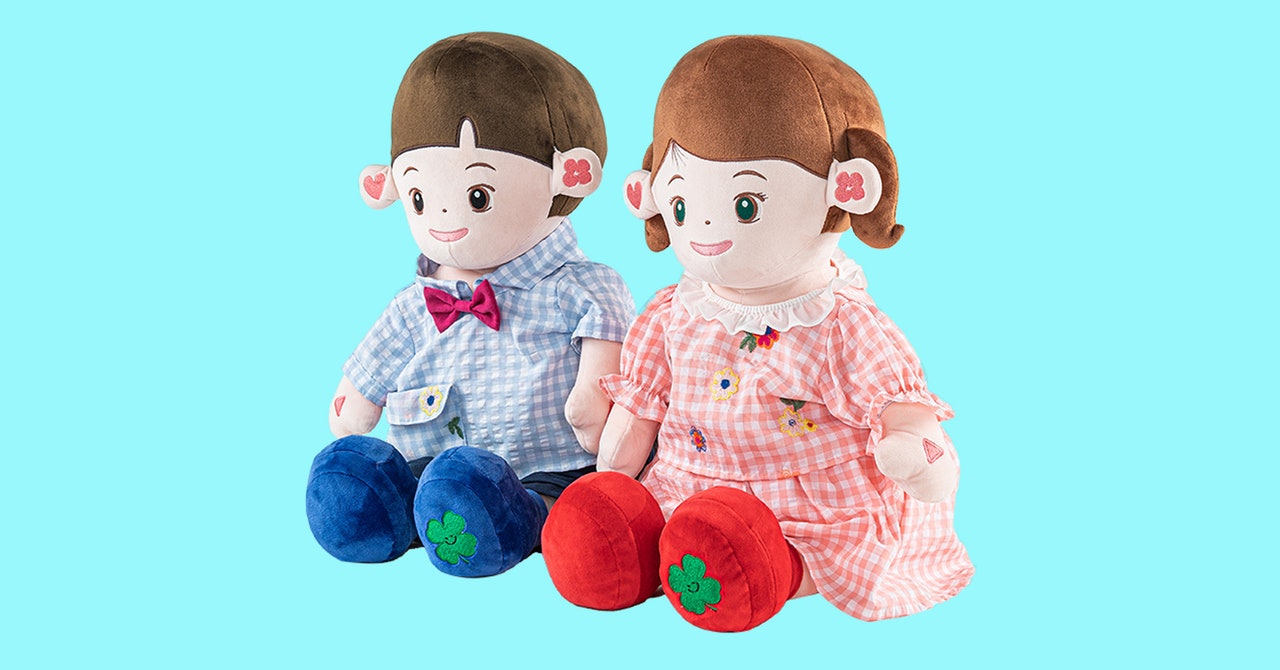Mobile World Congress often features its fair share of unusual innovations. At the recent MWC event, a Korean company named Hyodol stole the spotlight with its peculiar creation: a ChatGPT-enabled companion doll designed for older adults. Despite its eerie appearance reminiscent of something found in a haunted attic, this AI-powered doll, priced at $1,800, serves as an interactive digital friend for individuals facing loneliness or residing in long-term care facilities.
Equipped with a sophisticated language model, the Hyodol doll claims to engage in conversations with its users and offer essential health reminders such as medication schedules and meal times. It boasts extensive connectivity, including a companion app and web monitoring platform that enables caregivers to oversee the device and its user remotely.
The primary objective behind this innovation is to address the prevalent issue of loneliness, affecting various demographics from elderly residents in nursing homes to college students. Elizabeth Necka, a program director at the American National Institute on Aging, acknowledges the potential of such technology, especially in nursing homes grappling with severe staff shortages.
While the concept of leveraging ChatGPT for fostering connections seems promising, Necka remains cautious about its actual efficacy in combating loneliness. The market for endearing social robots, particularly popular in countries like Japan, has witnessed a surge in offerings such as Lovot and Qoobo—a tailed cushion designed to warm the heart. Although these devices have gained traction globally, cultural acceptance varies across regions. Nevertheless, the pervasive trend of integrating generative AI into various products suggests an imminent influx of conversational AI companions.
Lilian Hung, an assistant professor and Research Chair in Senior Care at the University of British Columbia School of Nursing, believes that the industry is still exploring the market dynamics surrounding AI companions. Despite being in its nascent stages, the sector shows significant growth potential.
Past endeavors in this domain, such as Jibo—a social robot roommate—and Moxie—an AI-powered robot aiding in child development—highlight the mixed outcomes of such ventures. The juxtaposition of human-like technology can evoke discomfort, reminiscent of dystopian narratives where AI ventures into perilous territories. However, these social robots serve diverse roles as assistants, pets, or even law enforcement tools, reflecting the broader spectrum of societal views on automation.
Wendy Moyle, a professor at the School of Nursing & Midwifery Griffith University in Australia, shares insights from her work with dementia patients and social robots. Initially met with skepticism and resistance, these robotic companions have gradually gained acceptance due to their positive impact on individuals with cognitive impairments. Despite concerns about potential overreliance on companion dolls, especially those integrated with ChatGPT, the evolution of assistive robots has demonstrated tangible benefits in mitigating loneliness and fostering emotional connections.
The integration of AI in companion dolls raises pertinent ethical and practical considerations, including data privacy, security risks, and potential dependencies on robotic reminders. Ensuring the safety and ethical conduct of robot interactions remains a critical aspect of developing these technologies for vulnerable populations. While AI companions may not replicate human emotions authentically, they offer a channel for individuals to express and receive affection—a fundamental aspect of human nature transcending the limitations of artificial intelligence.










